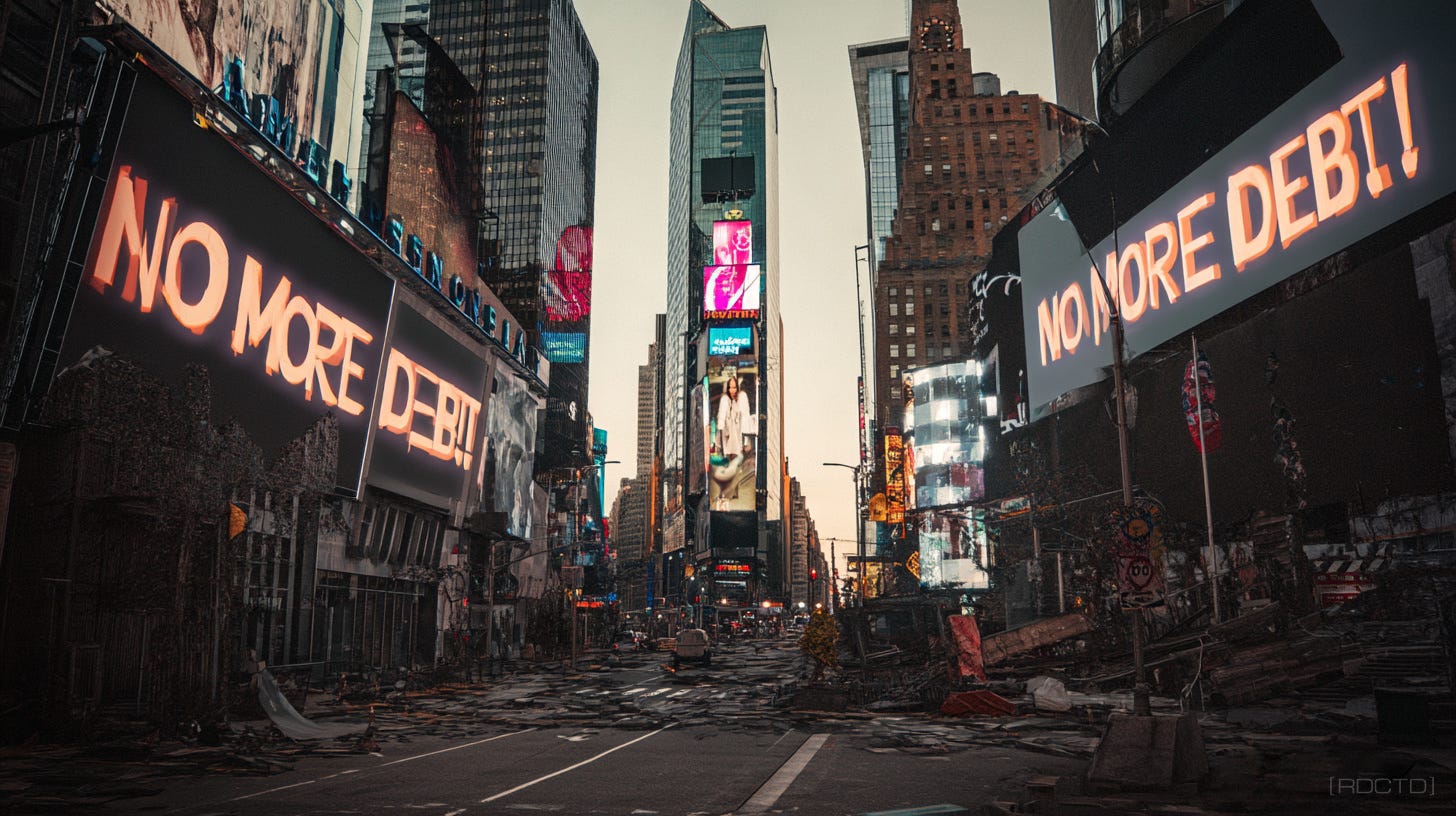What would happen if all of the world's personal debt were to be erased?
If all of the world’s personal debt were suddenly erased, billions of individuals would experience immediate financial relief. Credit card balances, student loans, mortgages, auto loans, gone in an instant.
For many households, this would feel like winning the lottery. Freed from monthly debt payments, people could redirect their income toward savings, investments, or spending, leading to a surge in consumer confidence and activity.
That boost in spending could initially stimulate economic growth, especially in sectors like retail, travel, and entertainment.
However, this wave of financial liberation would come at a cost. Debt doesn’t just vanish, it’s an agreement between borrowers and lenders. If personal debt were wiped clean, lenders, such as banks and financial institutions, would face massive losses.
They rely on the interest and principal payments from personal loans to stay solvent and profitable. Without that income, many could collapse, triggering a financial crisis. Even institutions that survive would immediately tighten their lending practices, making credit much harder to obtain in the future.
Erasing debt would also send shockwaves through the broader economy. Investment funds that rely on debt repayments as part of their returns like pension funds, insurance companies, and bondholders, would take a hit.
This could reduce retirement payouts, hike insurance premiums, and shrink overall investor confidence. The domino effect would ripple across stock markets and real estate, which are sensitive to shifts in credit availability and institutional stability.
There would be longer-term consequences too. Personal responsibility and risk assessment are central to the modern credit system. If debt forgiveness became a precedent, lenders might be less willing to offer loans, or they might increase interest rates to compensate for the potential of future cancellations.
This would make borrowing more expensive and selective, leaving out lower-income individuals who often rely on credit to cover major expenses or emergencies.
Keep reading with a 7-day free trial
Subscribe to The BURNER * to keep reading this post and get 7 days of free access to the full post archives.



